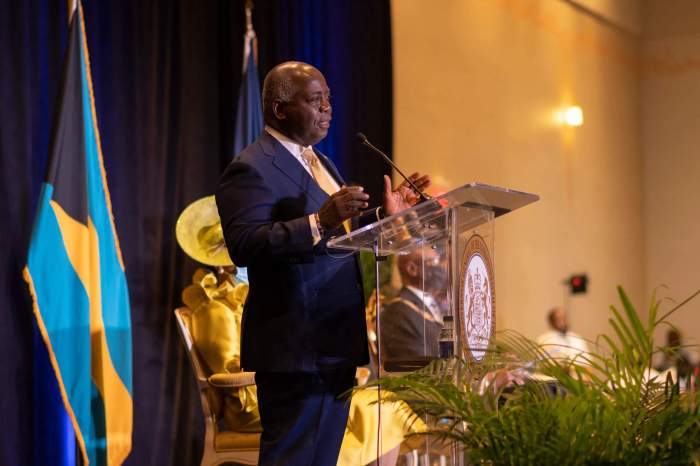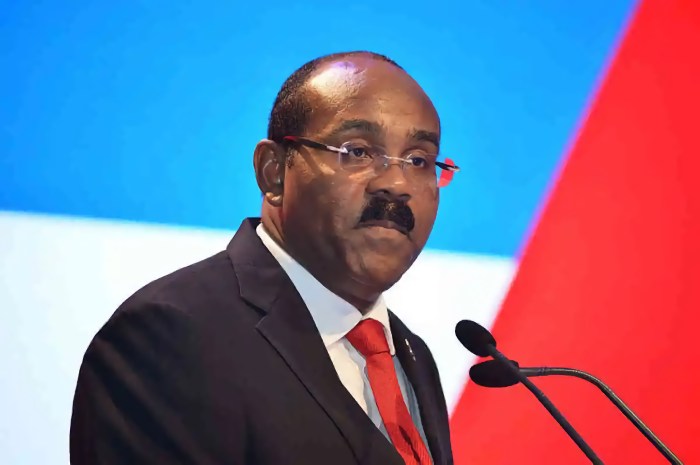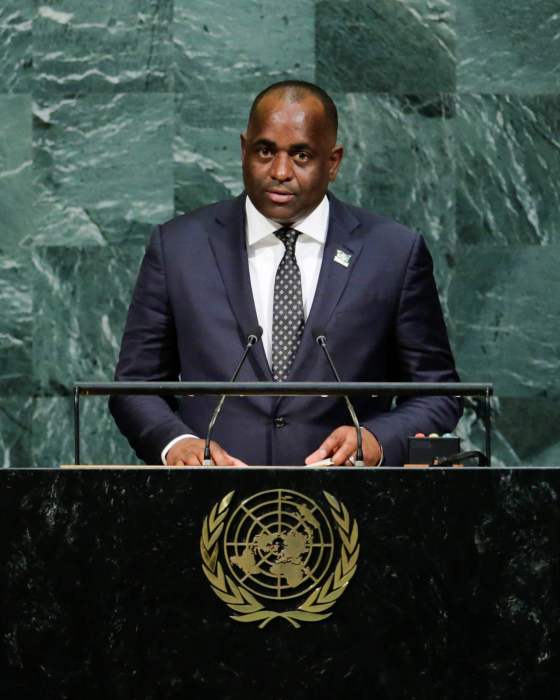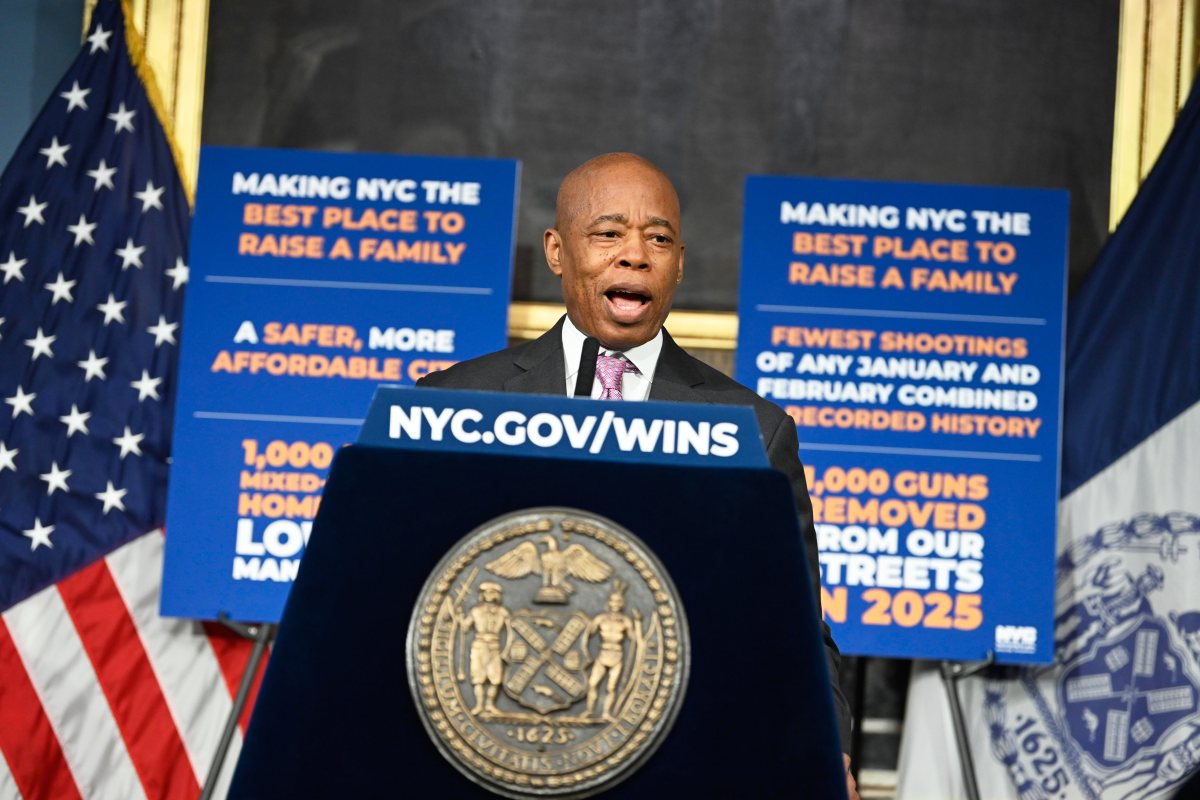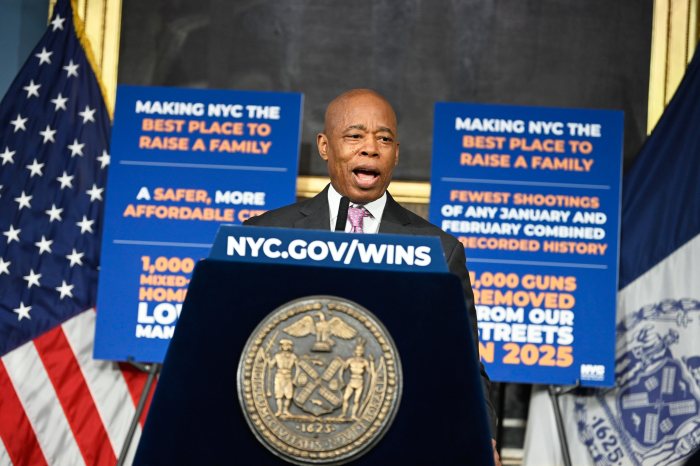Tiny populations in the Caribbean separated by stretches of sea present a challenge for commercial airline service operators to profitably fly to these destinations.
Yet the future of the only airline service, that touches 15 countries from Guyana in the southern Caribbean, to Barbados in the east and St Thomas and Puerto Rico in the northwest regardless of size or profitability of route, continues to hang in the balance owing mainly to apparent reluctance of some regional leaders to share the burden of keeping Caribbean citizens connected.
That airline service is LIAT, on whom larger air service providers such as Caribbean Airlines depend on as a feeder of passengers from some small territories from where persons wish to get on long-haul aircraft to take them to the USA, Canada and Europe.
In its struggles to maintain the Caribbean service LIAT has had many cash crises because until recently there were only four regional government shareholders contributing to its survival, while other nations refuse to put a cent into the company that benefits their citizens.
With 49.4 per cent of share ownership Barbados carries the bulk of LIAT’s financial burden, followed by Antigua with 34 per cent. St Vincent and the Grenadines, and Dominica account for some 10 per cent shareholding. Grenada joined this year with a minority contribution. Private shareholders and employees account for 5.3 per cent.
The circumstances of the cash-strapped airline provoked frustration leading to a recent outburst by Barbados Prime Minister Mia Mottley in which she reportedly used the term ‘doomed’ in relation to the airline’s future.
“LIAT is not a CARICOM issue, LIAT is the issue of three or four governments having to have shareholder discussions.
“Now if you expect the three or four shareholder governments alone to carry the burden then you will end up in trouble each time because it means that at some point they are going to make commercial decisions because there is not a bottomless pit to service it,” she said.
Mottley said she hopes regional governments can come together and have common ground “because while LIAT 1974 Limited may not be a viable proposition, reasonable, affordable, reliable air travel is the prerequisite for the growth of this region.”
But Antigua’s Prime Minister, Gaston Brown – who had earlier this year attempted to buy out the majority of Barbados’ shares but talks between the two countries fell through – said LIAT is far from doomed.
Supporting his resolve to keep the troubled carrier afloat, he recently flew to Venezuela and signed a financing agreement for $15.8 million with ALBA Bank, established as a regional development finance house in 2005 by now deceased Venezuelan President Hugo Chavez, and Cuban President Fidel Castro.
“LIAT is our infrastructure that links our scattered islands into a single economic space, and it breathes oxygen into our tourism industry,” Browne said after the signing.
Of the loan amount, US$15 million will go to capital investment, and the remainder towards associated bank fees and Antigua’s membership contribution to ALBA.
“A condition of this new capital would be that there has to be cuts including a reduction in salary and wages. I’m sure that there’ll be some changes … We have to make sure that we have a cadre of competent people and we may even create the space for members in the private sector as well to participate,” said Browne.
Browne’s valiant efforts must be commended, bearing in mind that the Antigua-headquartered carrier employs over 600 people there.
But the question remains of what happens if LIAT’s cost cutting does not lead to profitability, and when will other regional governments chip in to save this vital connector of Caribbean people.



